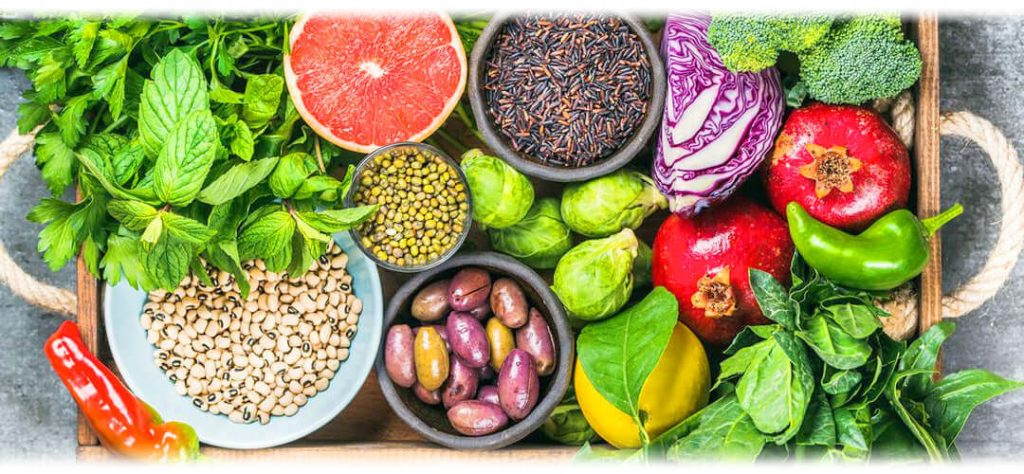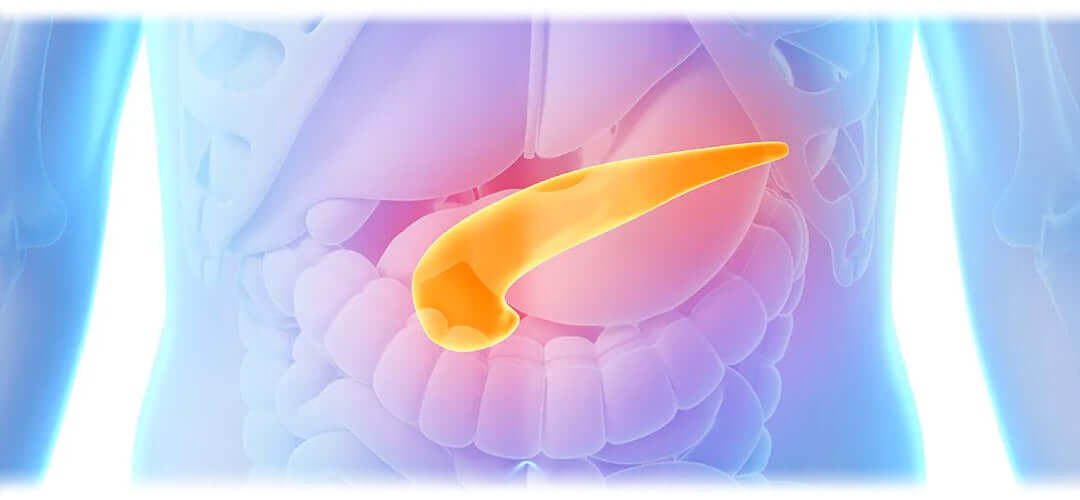Our pancreas plays a vital role in supporting your wellbeing, so keeping it healthy is essential.
It regulates the way your body releases hormones, digests food and, crucially, processes sugar. However, because your pancreas plays such an important role in your digestive process, it can easily be affected by what you consume.
Modern lifestyles and diets mean that more and more of us are turning to processed foods that are quick and convenient to prepare, as well as over-indulging with alcohol, chocolate and energy drinks, all of which, over time, can have a detrimental effect on your pancreatic function.
This can lead to a host of significant health issues, including pancreatitis, gall stones, weight problems and diabetes. Unfortunately, problems with your pancreas can be difficult to spot and can often be passed off as tummy trouble.
So, if you’re worried that you might not be giving your pancreas the natural support it needs to function normally, there are a few simple lifestyle changes you can make.

What is the Pancreas?
The pancreas is a small organ that sits behind the stomach. It plays several key roles in the digestive system.
Primarily, the pancreas releases enzymes to help your body break down food and absorb its nutrients. It also releases hormones that regulate your blood sugar levels.
A poorly functioning pancreas usually results in pancreatitis, where digestive enzymes become activated while they are still inside the pancreas, irritating its cells and causing inflammation.
Longer-term, this can lead to digestive problems and develop into diabetes.
There are two types of pancreatitis, acute and chronic. Acute pancreatitis can flare up at any time but usually clears up on its own within a couple of days.
However, repeated bouts of acute pancreatitis can damage the pancreatic cells and cause scar tissue. This can lead to chronic pancreatitis, which can cause long-term loss of function and other issues.
Abdominal surgery, excessive alcohol consumption, smoking, cystic fibrosis and high levels of calcium or triglyceride levels in the blood can all cause pancreatitis.
Symptoms you should watch out for include abdominal or back pain, fever, rapid pulse, nausea, vomiting and diarrhoea.
While it’s usually not something to worry about in the first instance, if you regularly feel abdominal pain, particularly after eating, then getting checked out by a doctor is essential.

Natural Ways to Support Your Pancreas
When it comes to supporting your pancreas, many things revolve around your diet and lifestyle. If you only suffer an occasional bout of acute pancreatitis, choosing natural ingredients rather than processed foods can help alleviate any symptoms or discomfort. However, if your pancreas regularly gives you grief, then a more significant lifestyle overhaul may be in order.
Getting more exercise is a must. Physical activity has a host of health benefits but getting your heart pumping and the blood flowing will help ensure that your pancreas is getting the oxygen and nutrients it needs to stay healthy.
Staying hydrated will also help maintain the optimum fluid levels in your body for all your organs, including your pancreas, to do their job.
Avoiding stress can also help. When you are anxious, worried or angry, this can place stress on all your organs as they work harder to support your body’s response. So, staying calm and relaxed will help keep things working as they should.
However, the main changes you can make are those involving your diet. Simply by eating well, you can help keep your pancreas working as it should. First, limit the amount of processed or fast foods you eat, as your pancreas must work harder to process them. While the odd takeaway or treat is fine and can help keep cravings at bay, these meals should be the exception rather than the norm.
Similarly, avoid drinking too much alcohol, energy drinks or fizzy pop. These all contain huge amounts of sugar, which can place additional strain on your pancreas as it tries to level out your blood sugar levels.
When it comes to your daily diet, choose foods high in protein, low in saturated or animal fats, and contain lots of natural antioxidants. Lean meat or plant-based protein, nuts, beans and pulses, fresh fruit and vegetables and dairy-free ingredients, such as almond milk or soya milk, are an excellent place to start. Because these are natural and contain few, if any, processed ingredients, it makes it easier for your pancreas to process them.
Limiting the amount of dietary fat you consume to 50 grams a day will also help. Digestion-boosting foods like probiotics, spinach, berries and wholegrains also support good pancreatic function and help fight the cellular damage caused by free radicals and oxidative stress.
And if you are looking to stave-off a bout of acute pancreatitis, foods to avoid include red meat, fried foods, high-fat dairy products like mayonnaise, margarine and butter, pastries and desserts that are high in sugar, fizzy drinks and alcohol. High-fat fast foods like chips or french-fries and deep-fried foods should also be avoided, as should foods containing trans-fatty acids, unsaturated fats which have no nutritional value.
Products containing refined flour, such as white pasta, white bread, cakes, biscuits and pastries, can also place strain on your pancreas and cause your insulin levels to spike.






